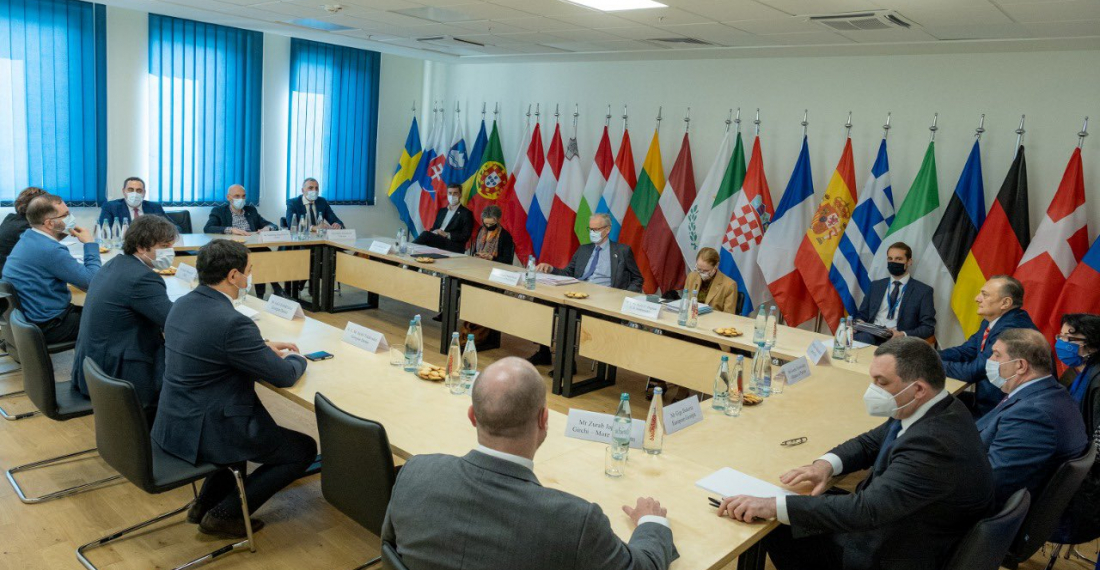An EU-mediated effort to try to resolve the current political crisis in Georgia has failed.
Christian Danielsson, European Council President Charles Michel’s Personal Envoy, emerged in the early hours of Wednesday morning (31 March), after an eight hour meeting with the leaders of government and opposition parties, admitting that he was “sad to report that none of the political parties could agree to this solution in whole”.
The stumbling blocks were the two issues that have been at the centre of the dispute from the beginning, namely the opposition demands for early elections and the release of opposition leaders who are in prison. Opposition parties have been boycotting parliament since the 31 October parliamentary elections, which they claim were falsified – a claim not sustained by international observers.
Danielsson returned to Tbilisi over the weekend for a second round of negotiations. He developed a document which he asked all the sides to agree to as the way forward. Apparently not a single one of the political parties present agreed to the text.
Danielsson now returns to Brussels where he will report to European Council president, Charles Michel. It is not clear if he will continue his mission after that.







